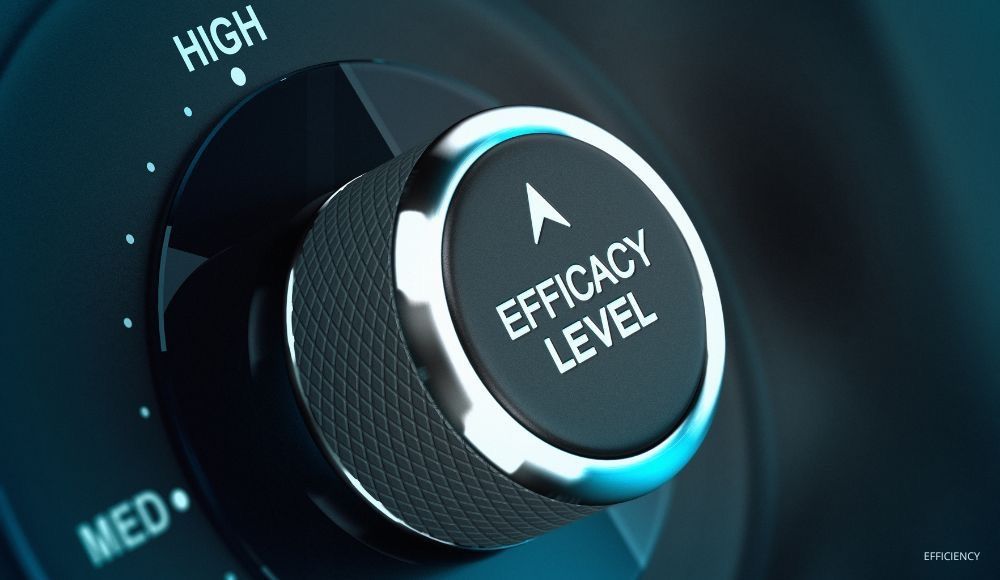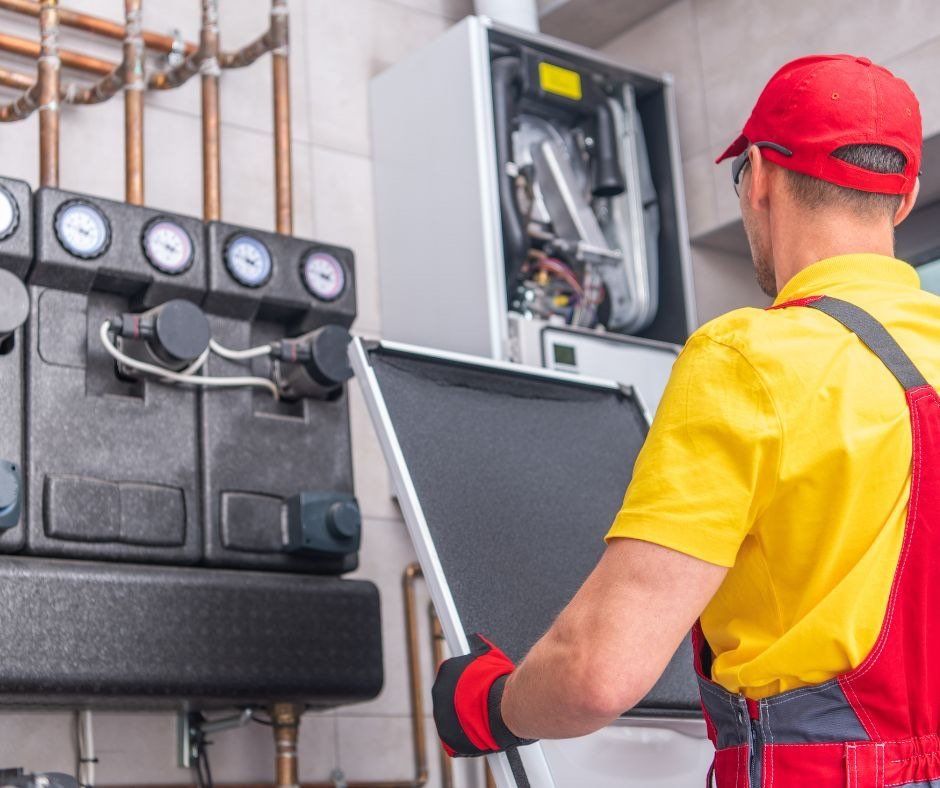What is the Best Air Filter for My HVAC System?
Air filters are a crucial part of any HVAC system, but choosing the best filter for your needs can be challenging. There are many different types of air filters, and no filter is universally suitable for every HVAC system.
What do Air Filters Do?
Air filters filter out impurities - such as dust, dirt, pollen, small particles, bacteria, microorganisms, mold, and/or pet dander – and keep them from flowing through your HVAC system and into the air you breathe. The result is better air quality within your home. Air filters also help protect your HVAC system and allow it to operate more efficiently.
As newer homes tend to be better insulated and more tightly sealed to improve energy efficiency, they can also trap indoor pollutants inside, decreasing air quality within your home. This makes choosing the right air filter even more crucial.
Choosing the right air filter (along with properly cleaning, replacing, and/or maintaining them) is also essential to avoid damaging your HVAC system, reducing its lifespan, and decreasing efficiency.
What is the Best Air Filter For My Home?
The best air filter for your home depends on your HVAC system and other factors, such as if you have pets, whether mold or mildew is an issue, your budget, how much maintenance you want to do, and whether someone in your home has respiratory issues. Every type of air filter has both pros and cons. The experienced technicians at Ultimate Comfort Heating & Cooling can help you determine the right air filter for your needs and your home and HVAC system. Here are some options they may discuss with you.
MERV Rating
The EPA (Environmental Protection Agency) explains that MERVs (Minimum Efficiency Reporting Values) convey a filter’s ability to capture larger particles and help compare the performance of different filters. The MERV rating can be anywhere from one to sixteen, and the higher the rating, the better the filter is at trapping certain types of particles.
However, higher MERV ratings can also lower airflow, forcing your HVAC to work harder, lowering its overall efficiency, and potentially shortening its lifespan. The recommended MERV rating for most residential HVAC systems is between eight and 13. Higher MERV ratings are more appropriate for hospitals or surgery centers. Check with your HVAC installer or the owner’s manual to determine the highest MERV rating suitable for your HVAC system.
8 Types of Air Filters
Here are seven common types of air filters you may want to consider, along with the pros and cons of each.
- Spun Glass or Fiberglass
One of the most affordable types of air filters, fiberglass filters are made up of strands of glass spun together and may be reinforced with a metal or cardboard grate. Although they are the least expensive up-front option, with a MERV rating of five, they do not improve the air quality as well as many other types of filters. - Pleated
Pleated filters—available in reusable or disposable options —use polyester or cotton fabric arranged into folds to increase the surface area, capturing more contaminants. The larger surface area makes them more effective and last longer. However, they are slightly more expensive than fiberglass filters, can restrict airflow, and need to be replaced frequently. - Washable
Washable filters—available in flat-paneled and pleated forms —do not need to be replaced or discarded. Instead, you vacuum or rinse the dirt off and put them back in, saving you money over time and making them environmentally friendly. However, they need regular maintenance. Furthermore, they must be completely dry before being put back into your HVAC system, or you risk mold development. - Electrostatic
Electrostatic filters – available in disposable and reusable forms - use small cotton or plastic fibers to create static that acts as a magnet to collect airborne particles. This type of filter can be effective, but humidity levels affect performance, and they need regular maintenance. They are also not terribly effective on smaller-sized particles. - HEPA
HEPA (High-Efficiency Particle Air) filters can remove up to 99.97% of airborne contaminants, such as dust, pet dander, and pollen, making them helpful for people who suffer from allergies and other respiratory issues. True HEPA filter systems are so dense they need their own fan to pull a portion of the return air through the system. They are typically fairly more expensive than other filters, but they must only be replaced every few years. - UV Light
UV light filters disinfect air passing through your HVAC system with short-wave ultraviolet light that may kill viruses, mold, germs, and bacteria, which can help prevent diseases and respiratory illnesses. However, they are ineffective at catching pollutants like dust or allergens, odors, gases, or cigarette smoke when used alone. They can produce some ozone, which in concentrated levels can be hazardous. - Electronic Air Cleaner
These use 120v of power to charge collector cells where the home’s dust accumulates. While they are effective at removing smaller sizes particles from the air when the collector cells are clean, as they load the efficiency of these filters will decrease allowing charged particles to re-enter the air stream. The collector cells need to be removed from the housing and washed on a regular basis to remain effective. If the power head fails, it must be returned to the manufacturer for repairs. - Media
This type of filter is low maintenance and effective at trapping most pollutants due their high MERV ratings. We have found these to be the most effective filters for most homeowners and combine the best attributes of most of the filters listed above with few to no downsides.
5-Star HVAC System Repair & Installation in Berks County, PA
You can trust Ultimate Comfort Heating and Cooling to handle your heating system installation and repair needs. We have the experience to get the job done right, backed by an incredible parts and labor guarantee. We provide boiler, furnace, and heat pump repair and installation to individuals in Berks County. Financing Available.
Call us at 610-750-8314 or connect with us online for a FREE Comfort Analysis. Estimates and consultations for new systems are provided FREE of charge.
RECENT POSTS
WE SERVICE ALL BRANDS OF HVAC EQUIPMENT, INCLUDING THESE & MORE

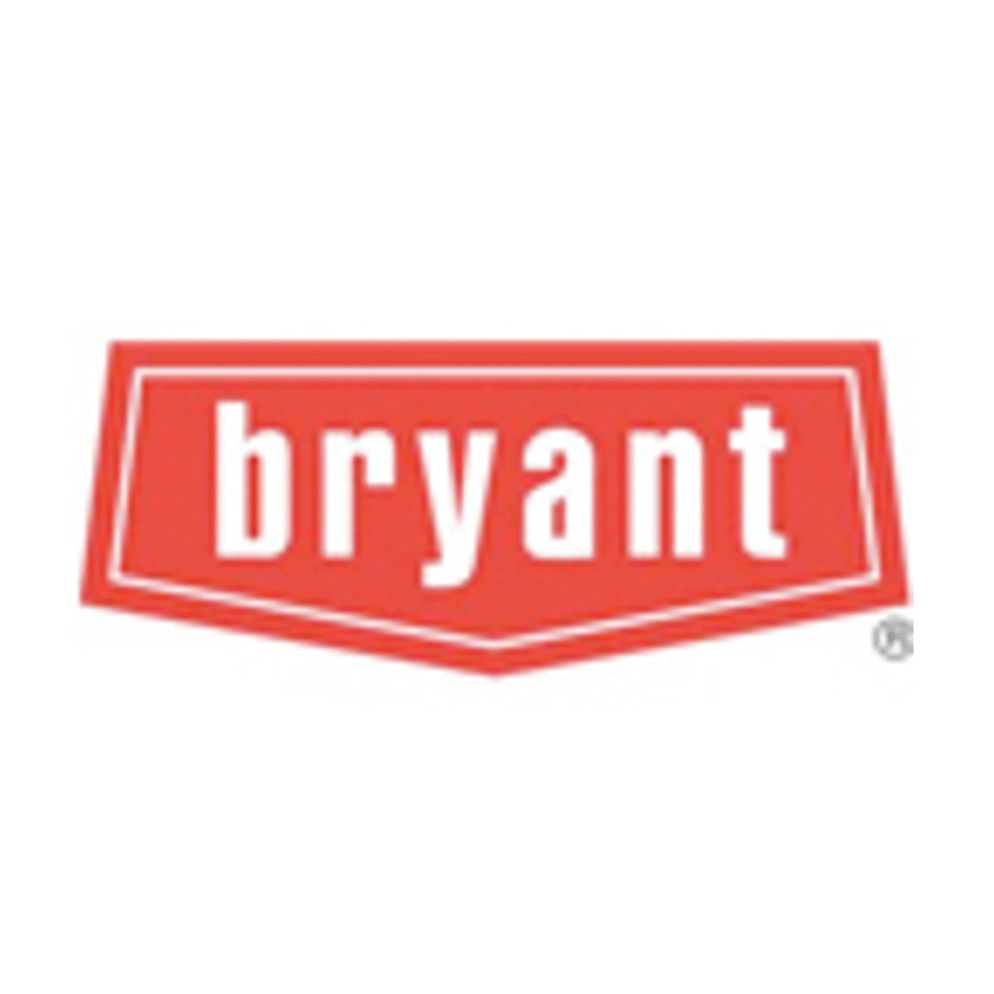
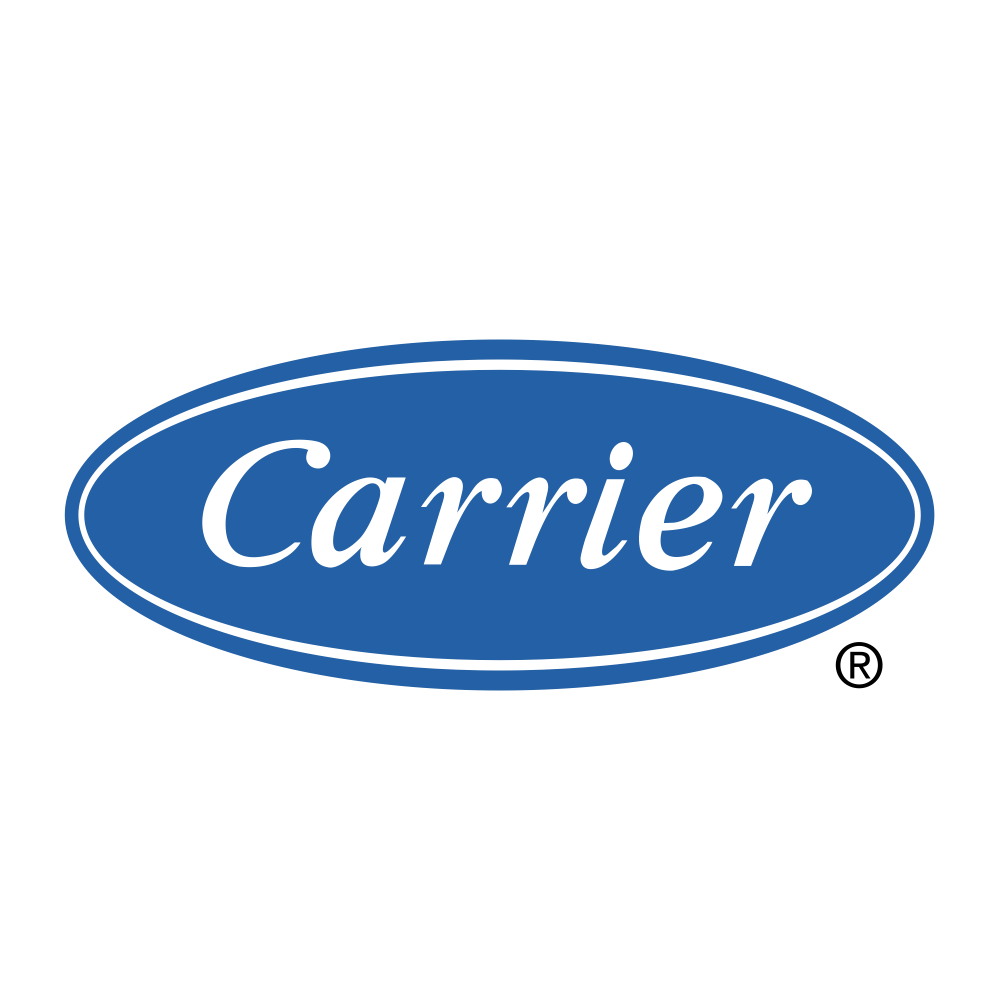
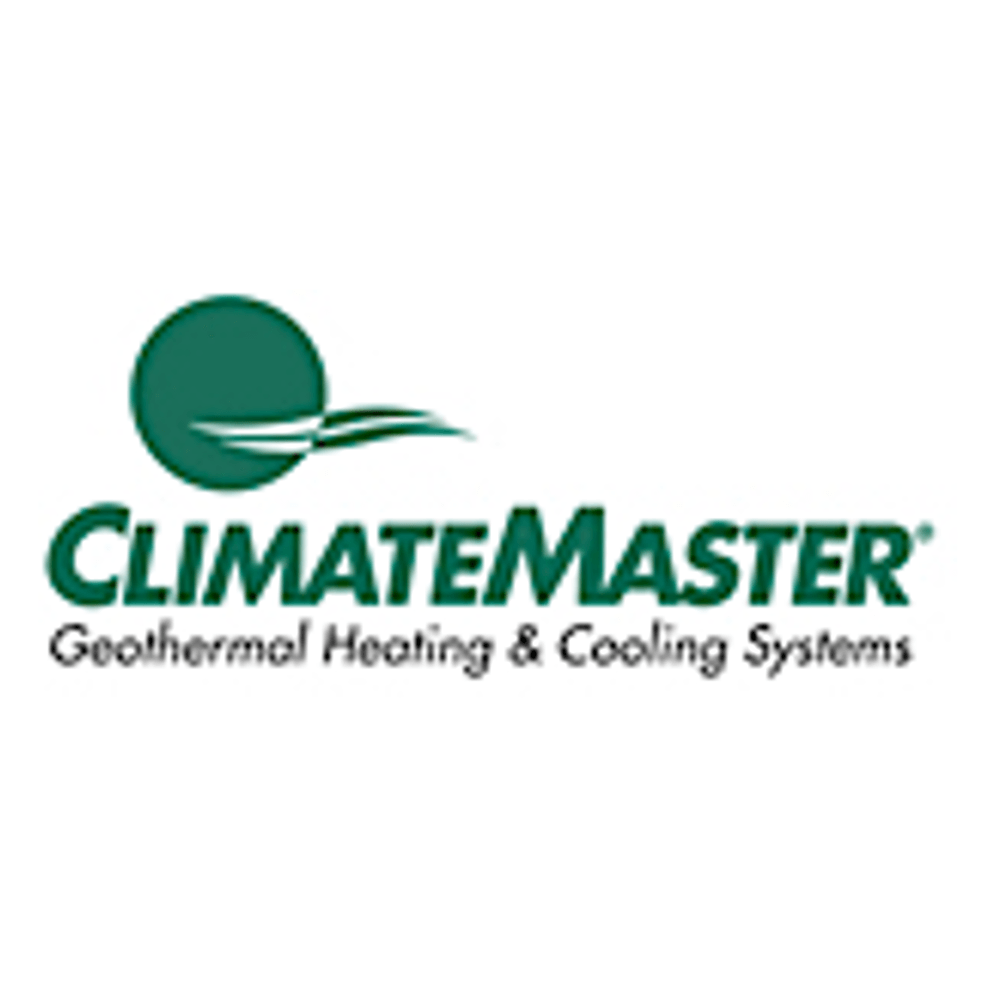
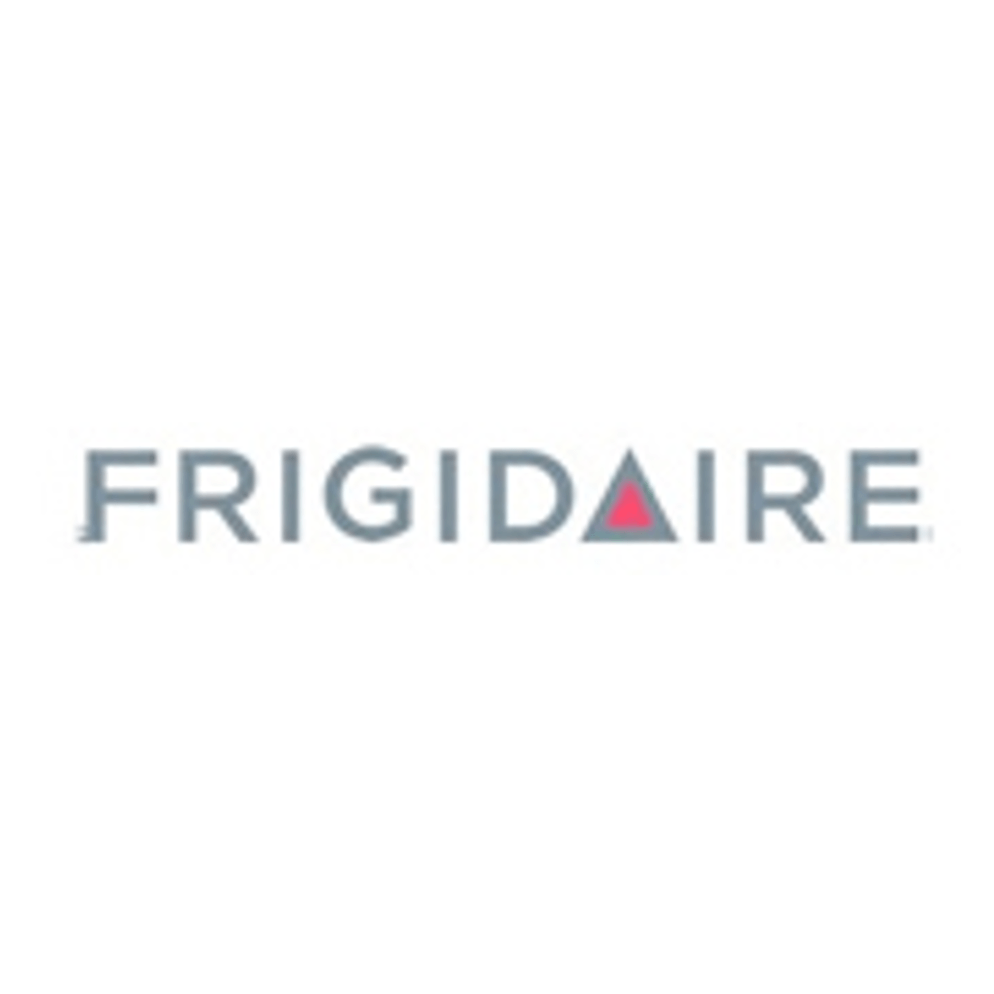
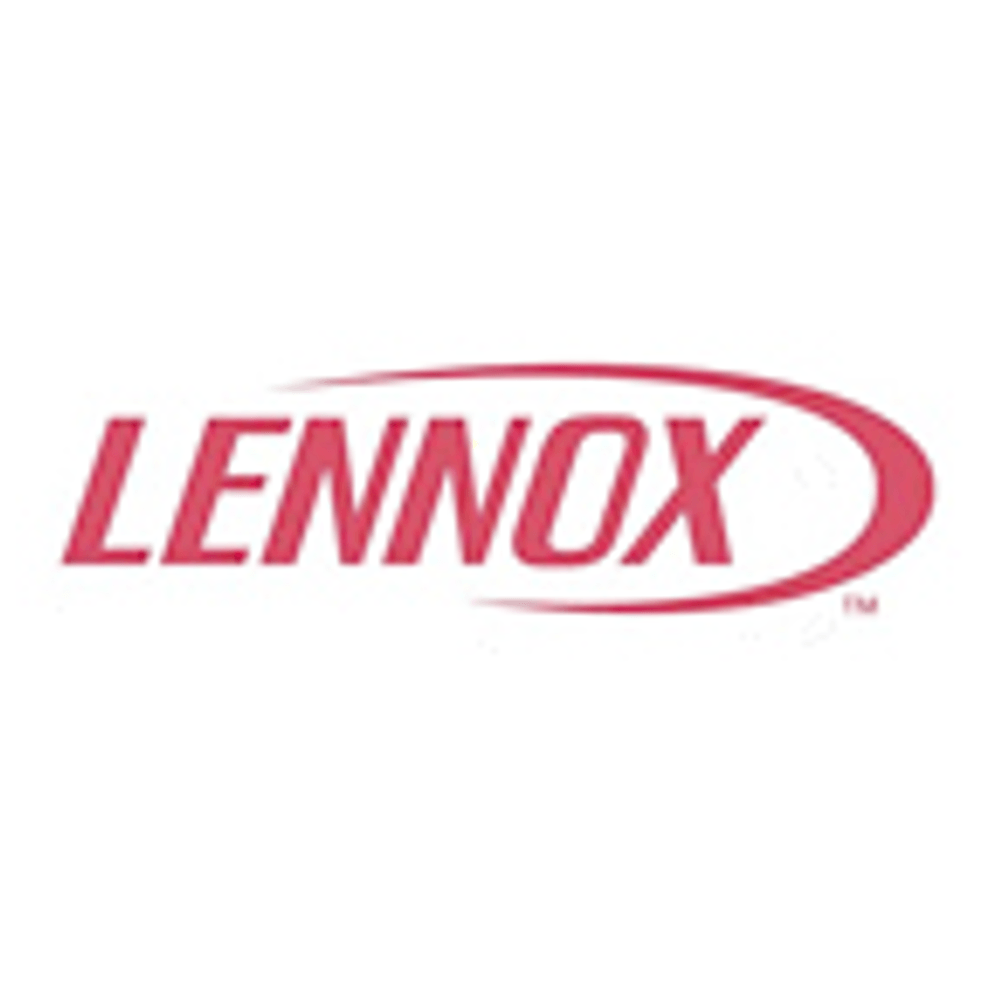
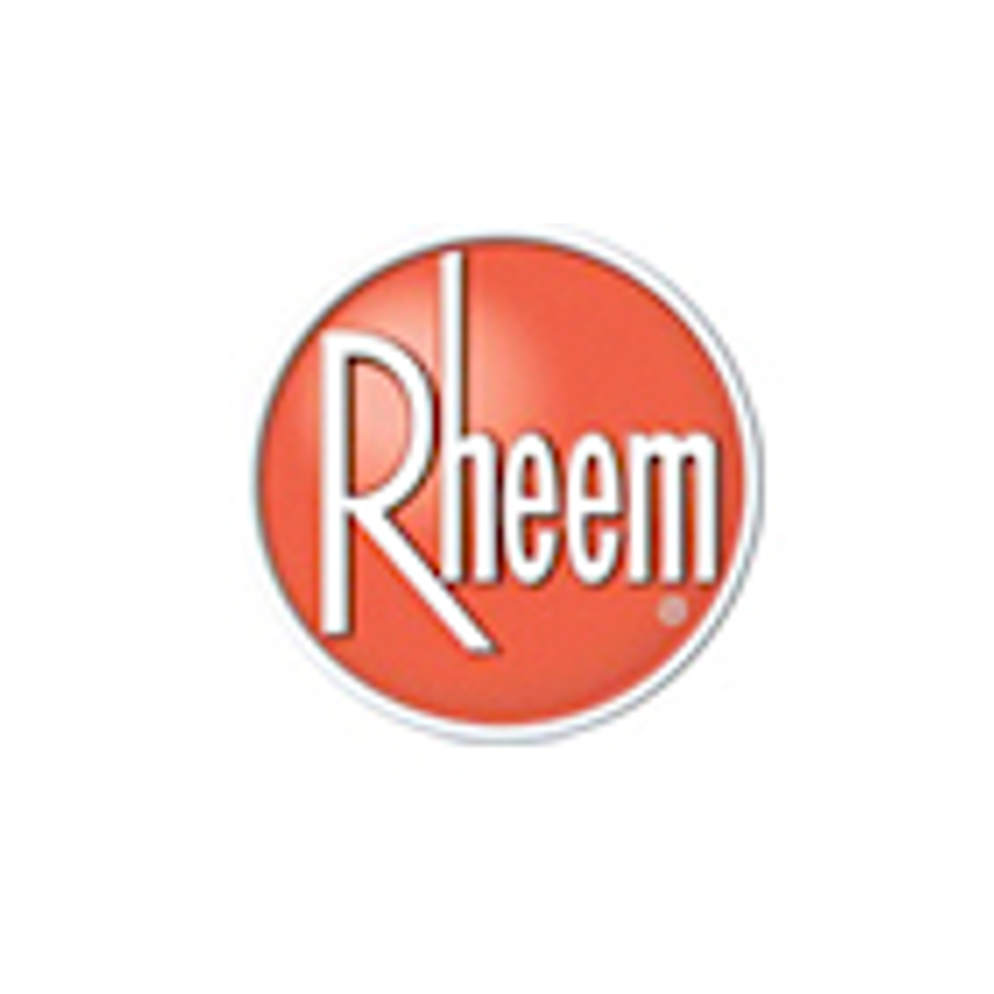
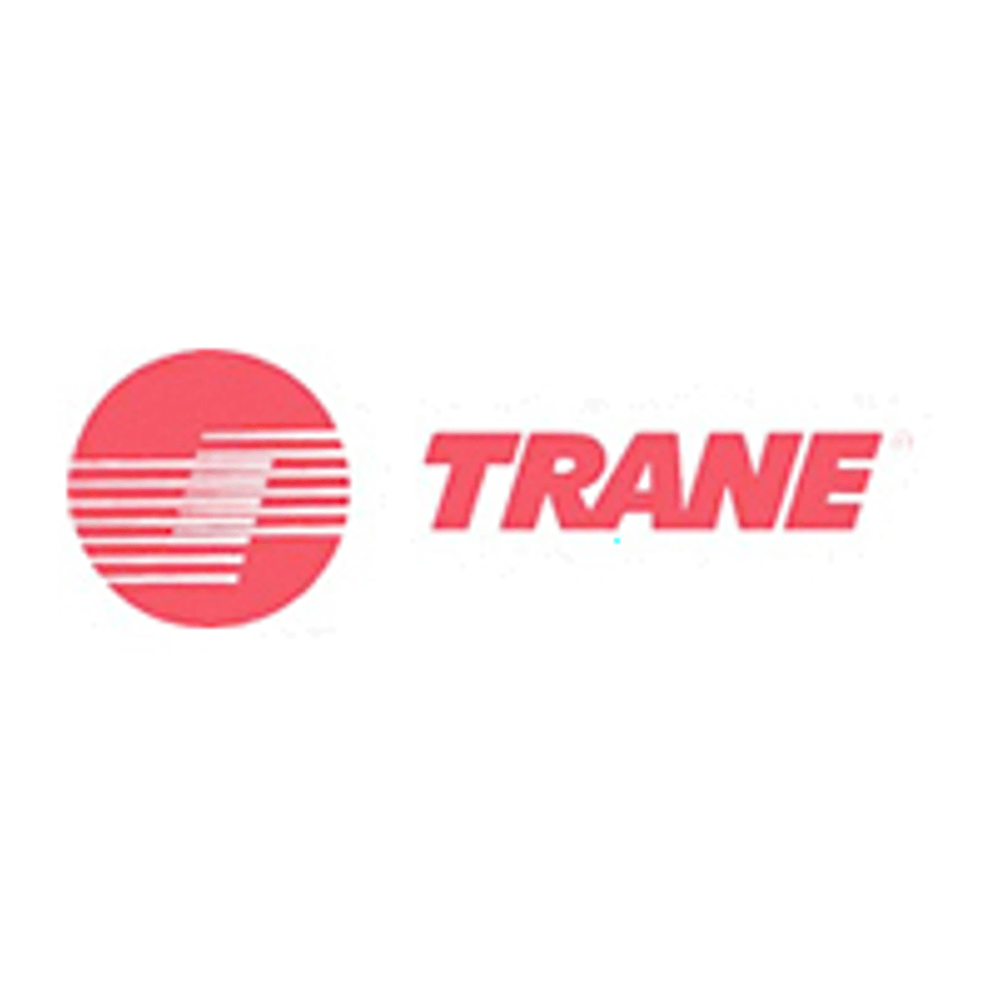
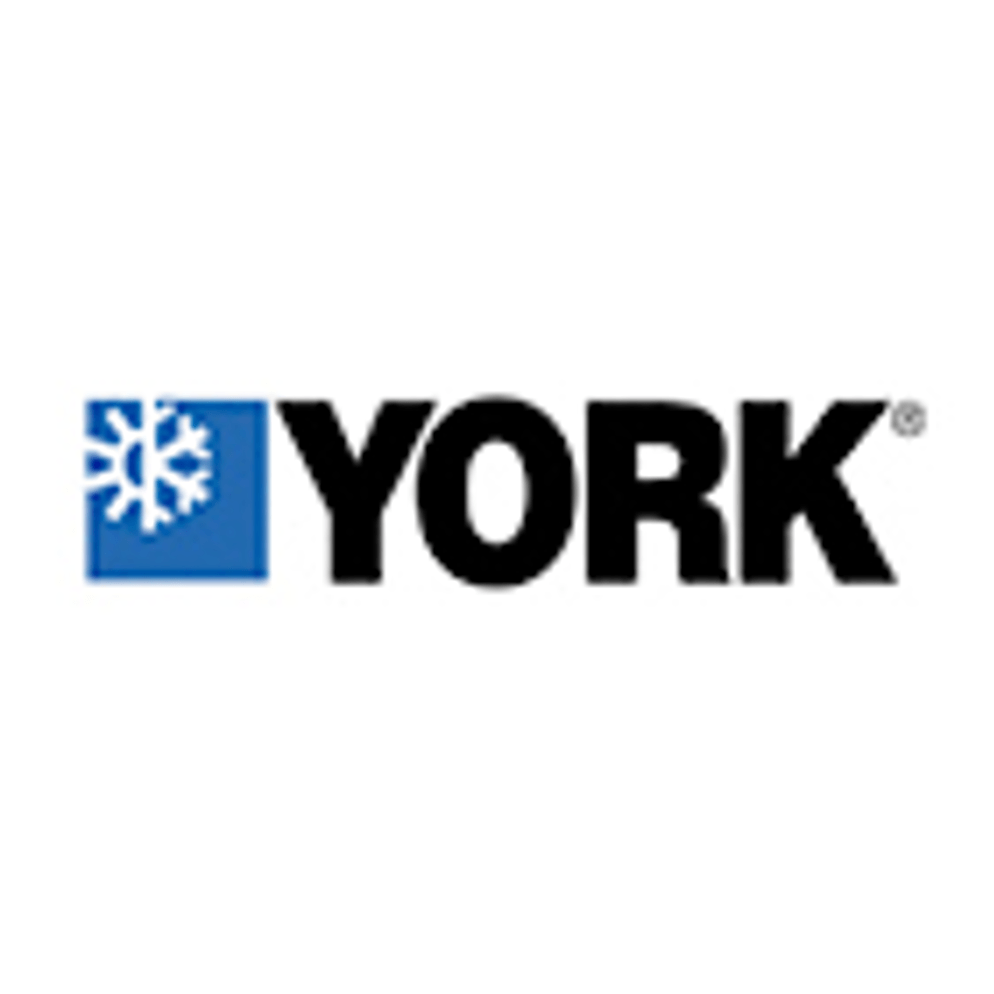
BERKS COUNTY'S TRUSTED HEATING & COOLING INSTALLATION, MAINTENANCE & REPAIR EXPERTS
Reading
Wyomissing
Wernersville
Temple
Leesport
Douglassville
Bally
Barto
Bechtelsville
Bernville
Bethel
Birdsboro
Blandon
Bowers
Boyertown
Centerport
Earlville
Fleetwood
Geigertown
Hamburg
Hereford
Kempton
Kutztown
Lenhartsville
Limekiln
Lyon Station
Maxatawny
Mertztown
Mohnton
Mohrsville
Morgantown
Mount Aetna
New Berlinville
Oley
Pine Forge
Rehrersburg
Robesonia
Shartlesville
Shoemakersville
Strausstown
Topton
Virginville
Womelsdorf
All Rights Reserved | Ultimate Comfort Heating & Cooling LLC
Website by PMI - Power Marketing International


